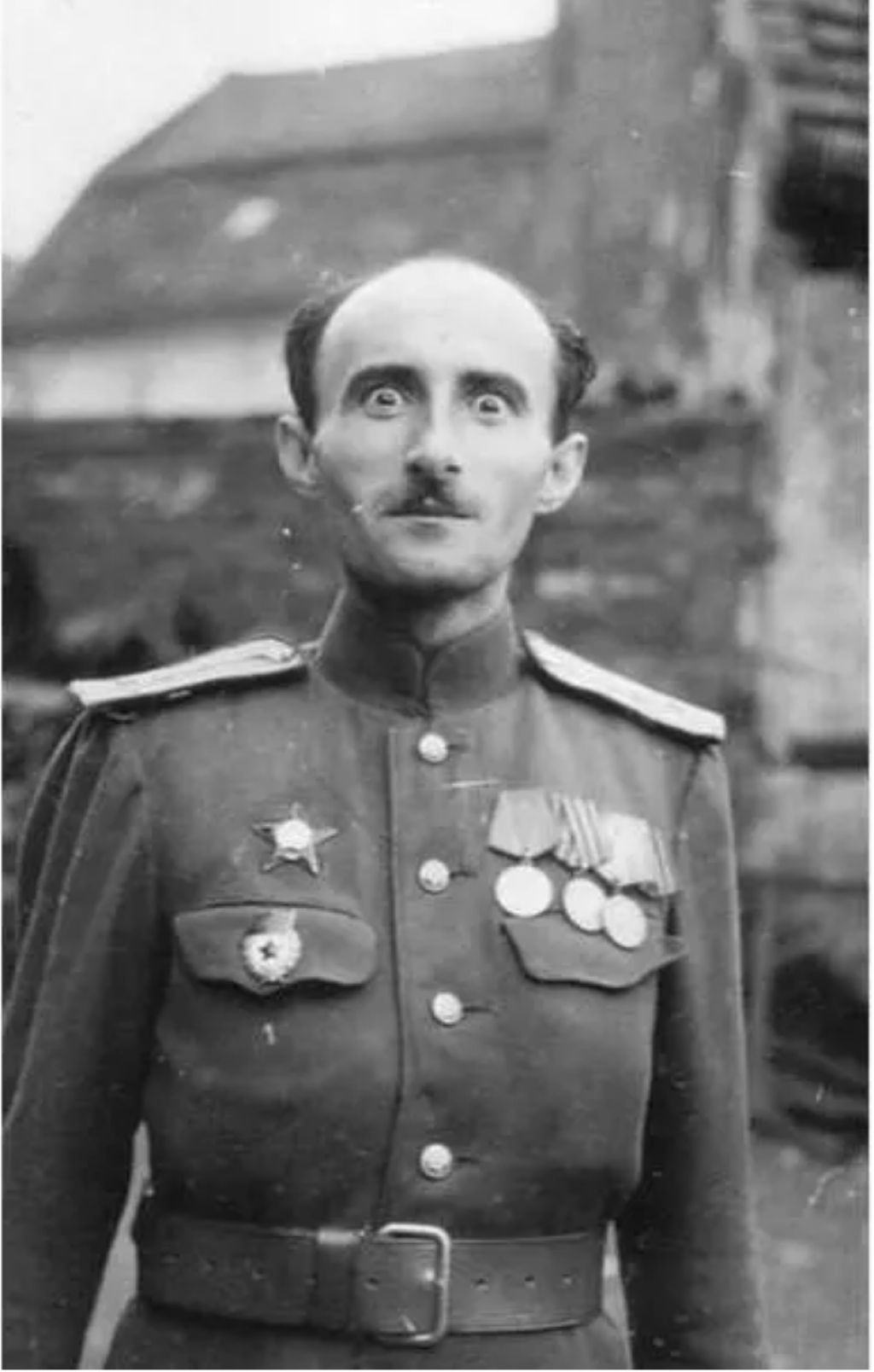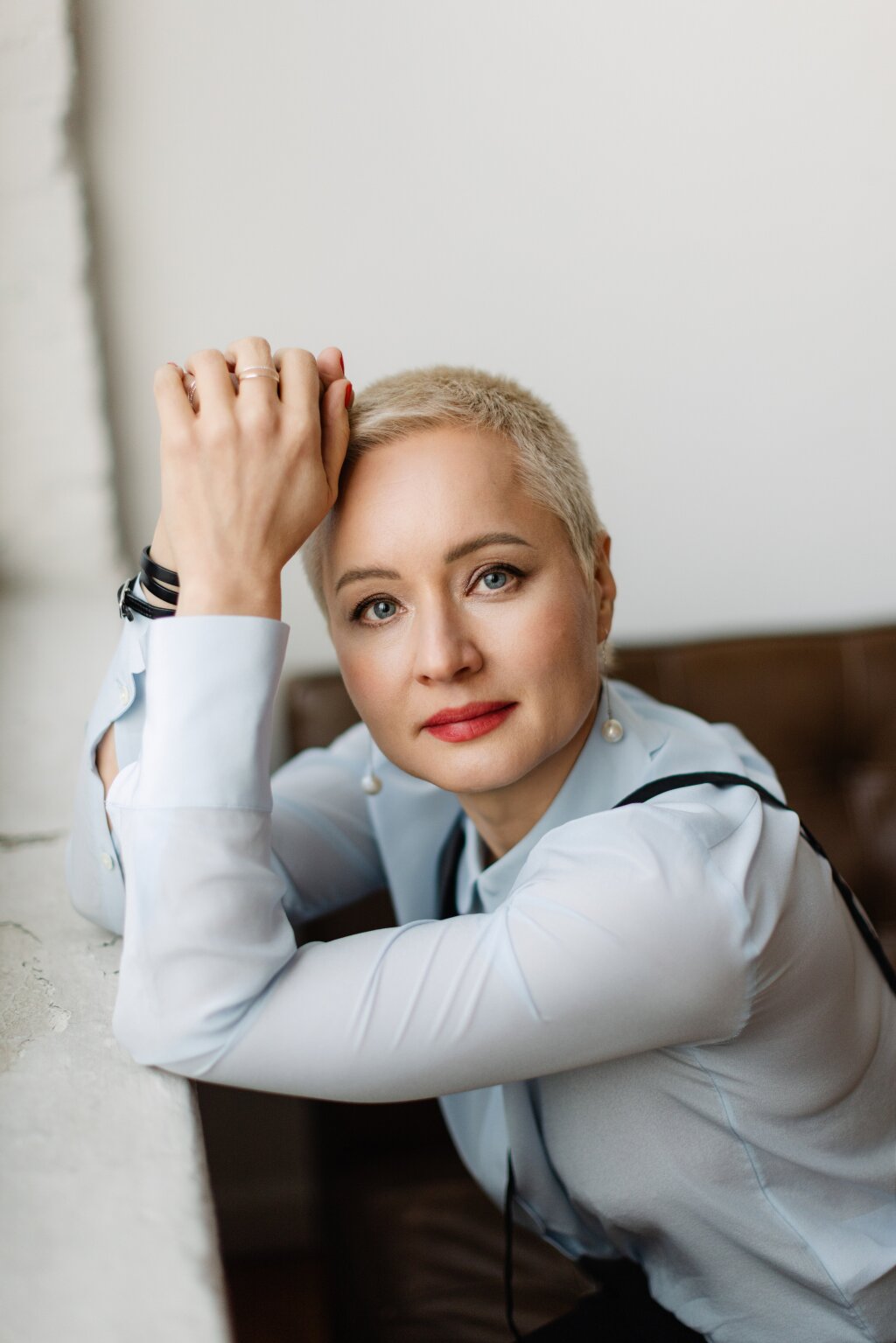This event will be hosted in hybrid format. RSVP to attend in person. Register for the Zoom meeting.
The poet Yan Satunovsky (1913-1982) was born to a Jewish family in Ekaterinoslav (now Dnipro in Ukraine), in the Russian Empire’s Pale of Settlement. He began writing just before the onset of WWII; the war, in which he served in the Red Army and which drove his family from their hometown (by then Dnepropetrovsk) forever, emerged as a fixed topic in his poetry while he was fighting and for the rest of his life. Living outside Moscow in the post-war decades, Satunovsky connected with the unofficial poets of Lianozovo, whose poetics curiously dovetailed with his own: their proclivity for minimalism and simple, often crude language expressed a fundamental skepticism toward the high-flown rhetoric and empty signification of official Soviet discourse, literary and otherwise. Nowadays Satunovsky is usually read in their company, but Ainsley Morse proposes to discuss an aspect of Satunovsky’s poetics that diverges from, or intensifies, the Lianozovo tendencies. Most significantly, his work shows a persistent tension in relation to the Russian language in which it is written. In addition to his unflinching engagement with wartime and postwar trauma, his verse-level negotiations with cultural, linguistic, political and individual identity resonate with pressing questions of our time as well.
Ainsley Morse teaches in the Literature department at UC-San Diego and translates from Russian, Ukrainian and the languages of former Yugoslavia. Her research focuses on the literature and culture of the post-war Soviet period, particularly unofficial or "underground" poetry, as well as the avant-garde, children's literature and contemporary poetry. Recent publications include the Yugoslav surrealist-Marxist Fine Feats of the Five Cockerels Gang (with Aleksandar Bošković, Brill 2022); the Odesan poet Maria Galina’s Communiqués (with Anna Halberstadt, Cicada Press 2024) and the novels of early Leningrad modernist Konstantin Vaginov (with Geoff Cebula, NYRB Classics, 2025). She was poetry translations editor for Ukrainian Soviet Modernism: Texts and Contexts (ed. Babak, Ilchuk, Ustinov; ASP, 2025) and is currently working on a collection of poems by Yan Satunovsky.



